Dail moves to resolve dispute which delayed taoiseach nomination
The process of nominating a new taoiseach faced an unprecedented day-long delay due to a heated dispute over opposition speaking rights.

The process of nominating a new taoiseach faced an unprecedented day-long delay due to a heated dispute over opposition speaking rights.
The row involved TDs shouting at each other in the Dail on Wednesday, interruptions characterised as “farcical” and “stunt politics on speed” as well as accusations of “barracking”, “bullying” and “intimidation”.
Fianna Fail leader Micheal Martin was ultimately successfully confirmed as Taoiseach on Thursday, but criticised the delay as a “subversion of the Irish Constitution”.
Central to the row was a move to allocate opposition speaking time to some independents who had been involved in government formation talks.
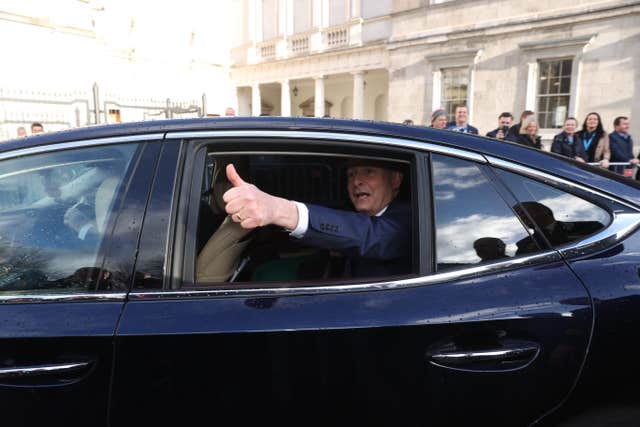
Four of those independents had joined a technical group, which is a mechanism designed to allow opposition TDs to sit in groupings to gain an allocation of speaking time.
This has been widely rejected by opposition parties, including Sinn Fein, Labour and the Social Democrats, who argued that the independents who supported the incoming government should not be considered opposition TDs.
Opposition parties said allowing the Government-affiliated independents to use opposition speaking time would dilute the practice of holding government to account and eat into their time to raise issues.
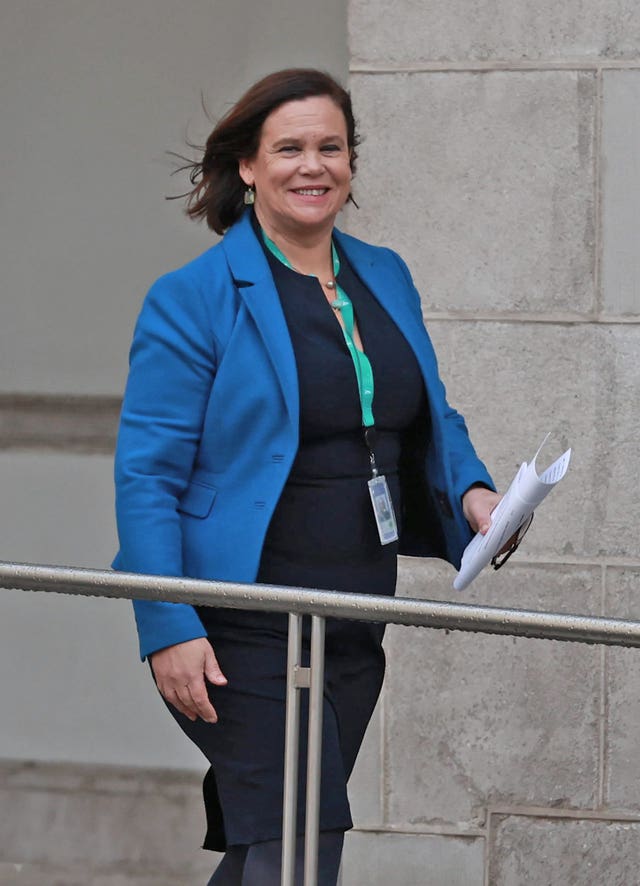
Mr Martin was expected to be nominated on Wednesday, but the interruptions and objections from the opposition resulted in the Dail being suspended multiple times, before being adjourned until Thursday.
Ceann Comhairle Verona Murphy, senior Government figures, and opposition leaders entered into intense negotiations to try and resolve the dispute in the intervening period.
On Wednesday evening, Mr Martin said it was the first time in over 100 years that the Dail had failed to “fulfil its constitutional obligation” to nominate a government.
That obligation was ultimately fulfilled on Thursday after those involved came to an agreement on steps to reform parliamentary rules.
On Thursday morning, Ms Murphy said it was her intention not to recognise speaking time for the group of Government-affiliated independents.
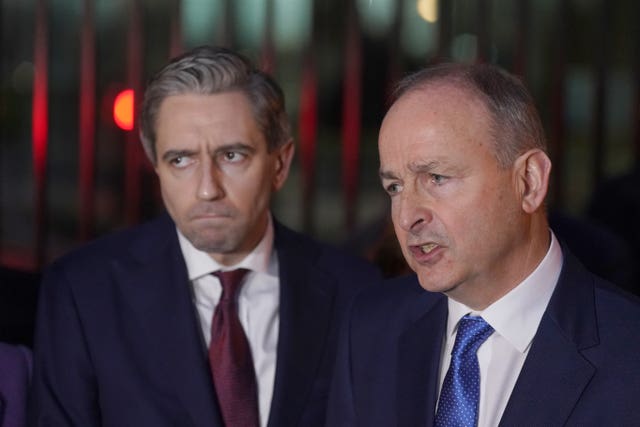
The Regional technical group, which contained the independents in question, said it would not object to this decision on a “temporary” basis.
Ms Murphy told TDs in the Dail that they had a “duty to the people who have elected” them and that it was their “primary constitutional function” to nominate a taoiseach.
She said there is “significant ambiguity” in the wording of a standing order at the heart of the dispute about the speaking rights of independents who have supported the Government.
Ms Murphy said she would seek senior counsel on the matter.
Government chief whip Hildegarde Naughton agreed that there was “ambiguity” in the standing orders, adding that Government would bring forward a motion to establish a Committee on Standing Orders and Dail Reform.
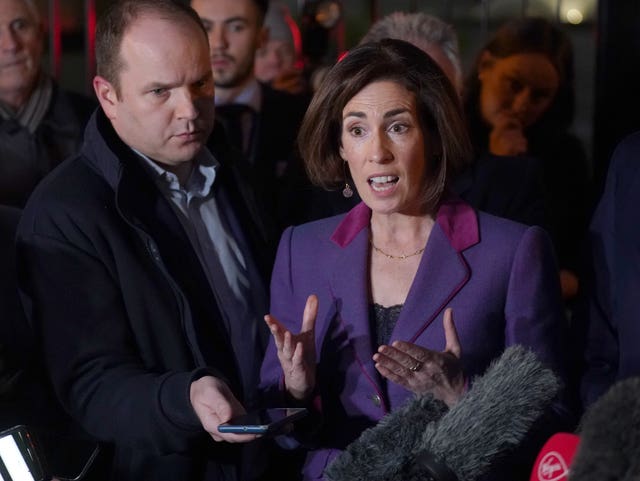
The main opposition parties broadly welcomed the move and allowed for the nomination of a new taoiseach without a repeat of Wednesday’s disruption.
Sinn Fein said there had been a comprehensive climbdown by Government and a vindication of the opposition’s position on the matter of speaking rights of the independents.
Sinn Fein leader Mary Lou McDonald said there has to be an “explicit understanding” that no independent TD can be in Government and opposition at the same time, adding that not recognising the Regional Group could not be a “temporary arrangement”.
Labour leader Ivana Bacik welcomed the Government acknowledging the need for clarity on differentiating between opposition and Government.
She said she was “glad” the party leaders were able to find a resolution this morning and added: “It should never have to come to the situation it came to yesterday.”
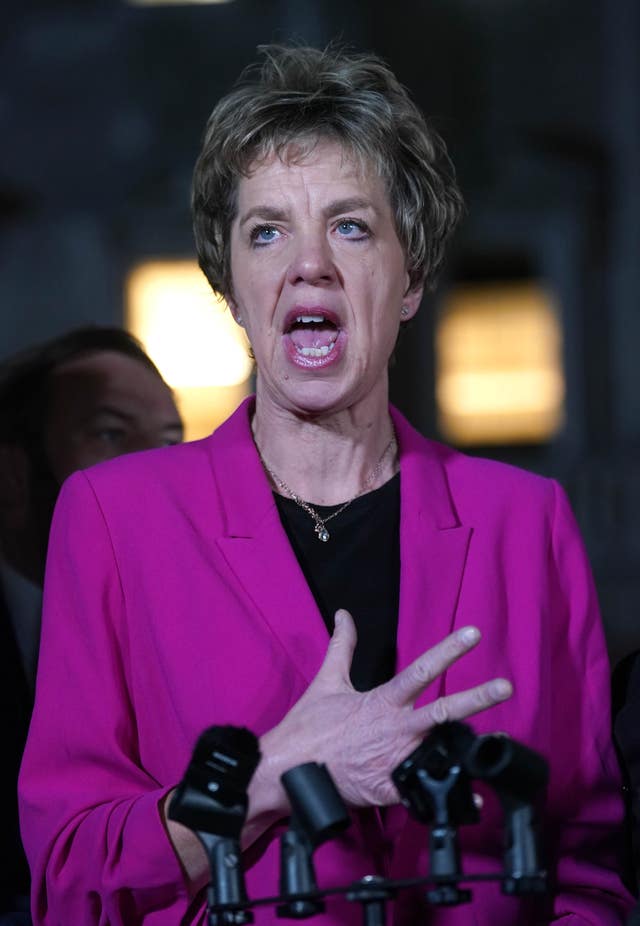
Social Democrats deputy leader Cian O’Callaghan said: “It should never have come to this, and all of us in the government benches and on opposition benches need to work constructively together in future to make sure there’s a smooth and efficient running of the Dail.”
It was agreed that a Committee on Standing Orders and Dail Reform would be established to resolve the ambiguity in the rules at the centre of debate.
Ms Naughton said: “The Government recognises that there is ambiguity in standing orders, which requires clarification differentiating between members of opposition and Government.
“Government believes that our Dail is ever evolving and standing orders should evolve to reflect membership and groupings of the House.
“Government will today bring forward a motion to establish the Committee on Standing Orders and Dail Reform to fully engage with the committee and to work to secure agreement as soon as possible as regards formation of technical groups and the rights of unaligned members acceptable to government and opposition.
“Government is fully committed to working with all parties and none in the committee to make the required changes that are fair, not only to members of this current Dail, but future Dails in the years ahead.
“We will aim to have this resolved by February 5.”





